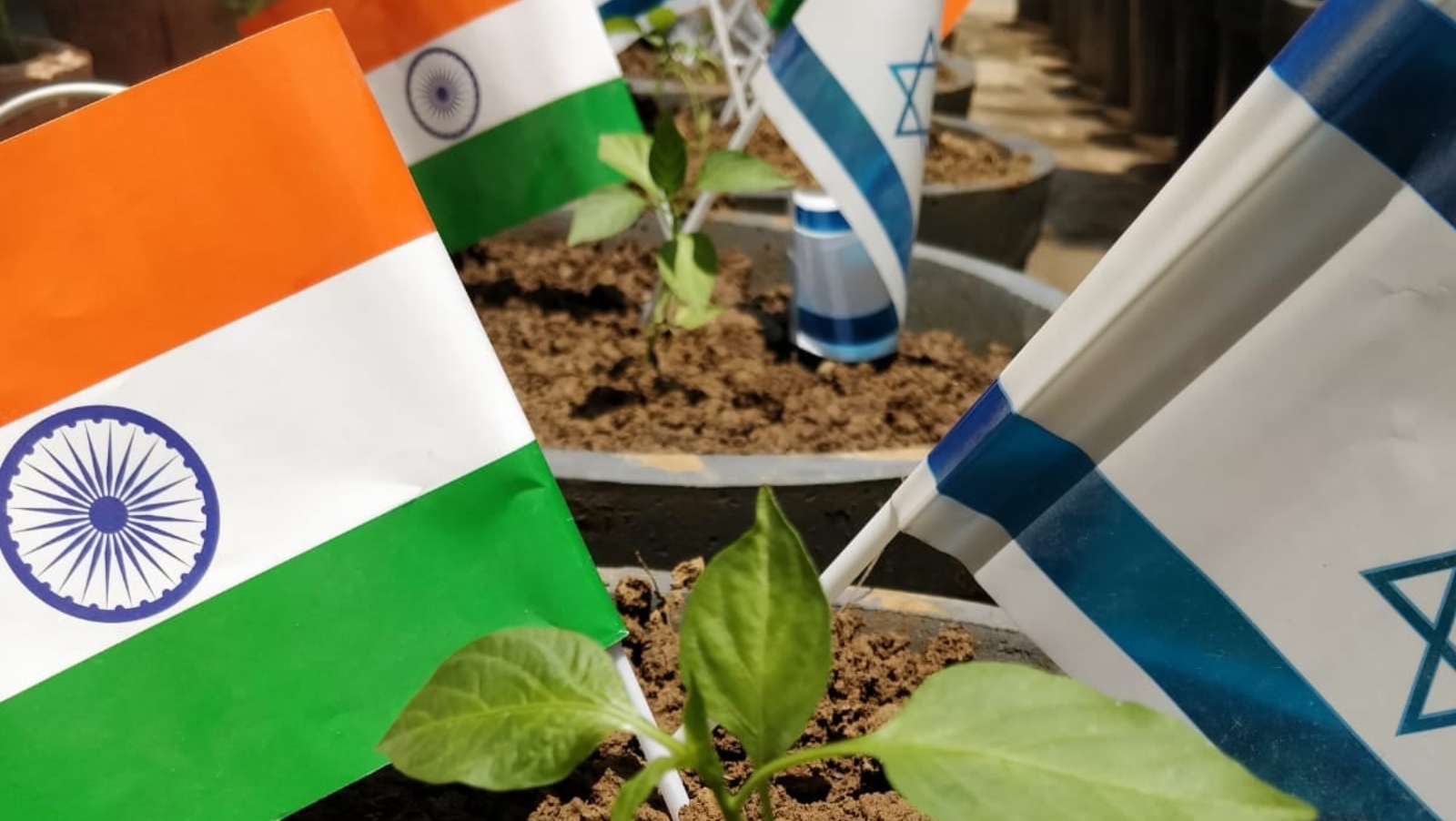Israeli Minister Emphasises The Need For A Comprehensive India-Israel Free Trade Agreement.
The Minister believes that FTAs should be as expansive as possible to facilitate more and more commerce since free trade brings people closer.

According to M K Nir Barkat, Israel’s Minister of Economy and Industry, the planned free trade agreement between Israel and India should be broad to permit more and more trade because it brings people together. The Minister stated that he would have talks with the Indian side about a free trade agreement (FTA) between the two countries, which has been in motion for almost 10 years.
As a government-to-government representative, the Israeli ministry will propose to Indian ministers that they organically expand the free trade agreement, focus on intelligent business growth, and exchange because much knowledge and experience, Barkat said at a CII affair during his visit to India. He stated that for the planned free trade agreement, both parties must focus on complementary sectors where India and Israel have a comparative edge.
Barkat believes that FTAs should be as expansive as possible to facilitate more and more commerce since free trade brings people closer.

How will India help Israel to prosper?
He went on to say that India’s economy was on track to become the third biggest in the world and that India and Israel shared a “classic” relationship. The first round of FTA negotiations and meetings took place in May 2010. However, the agreement stayed elusive. Barkat visited the India-Israel Business Forum earlier, stating that Indians are “good friends” of Israel. Both parties share the same ideals, like human rights, democracy and respect for others, and face comparable issues in security and the economy, according to the Minister, as remarked by the Confederation of Indian Industry (CII).
What are the positive attributes from the Israeli perspective?
He went on to say that Israel has a lot to contribute in fields like agrotech, health tech, and food tech, which translates into a lot of commerce in both ways. So, from Israel’s standpoint, they are being as open as possible, according to the Minister. Minister voiced hope that India and Israel’s commerce will double in a couple of years. Responding to media questions on the outlines of the occasion, the Minister called the I2U2 grouping of India, Israel, the UAE, and the US “really smart.”

According to the CII, 10% of the Israeli workforce is tech-oriented. For a tiny economy like Israel, that figure has to rise to 25% in the next 20 years. To get those numbers, Israel needs to open up its markets, and India is a perfect place to start, according to Barkat. Noting that the world was rapidly transforming, he said they should return their expertise as entrepreneurs and managers to the educational system. The crucial aspect in accelerating growth would be how Israel transitions from old to new jobs.
How have the bilateral relations between India and Israel improved from the past?
The Israel-India Business Forum was also accompanied by Israel’s ambassador to India, Naor Gilon, who stated that India and Israel had strategic links in both word and deed. According to the CII, bilateral commerce between the two countries has developed 40 times since establishing official diplomatic relations in 1992.

Disclosure.
The political, military, trade and economic ties between the two countries are strong and vast. The governments of India and Israel have acknowledged their close relations and shared interests in resolving these issues, particularly with regard to Indian uses of Israeli technology.
The Israeli Minister stated that he believes that as the moment passes, people will see that the connection and bonding have a lot to deliver because the UAE and Israel are tiny but well-positioned. He went on to say that the American and Indian economies are both monumental and extremely complimentary. He stated that geopolitical issues in the world encourage more inventiveness and growth in setting Chinese supply chain limits and Russian sanctions. The Minister stated that he sees great mutual potential in India and that they are here to capitalise on it.




